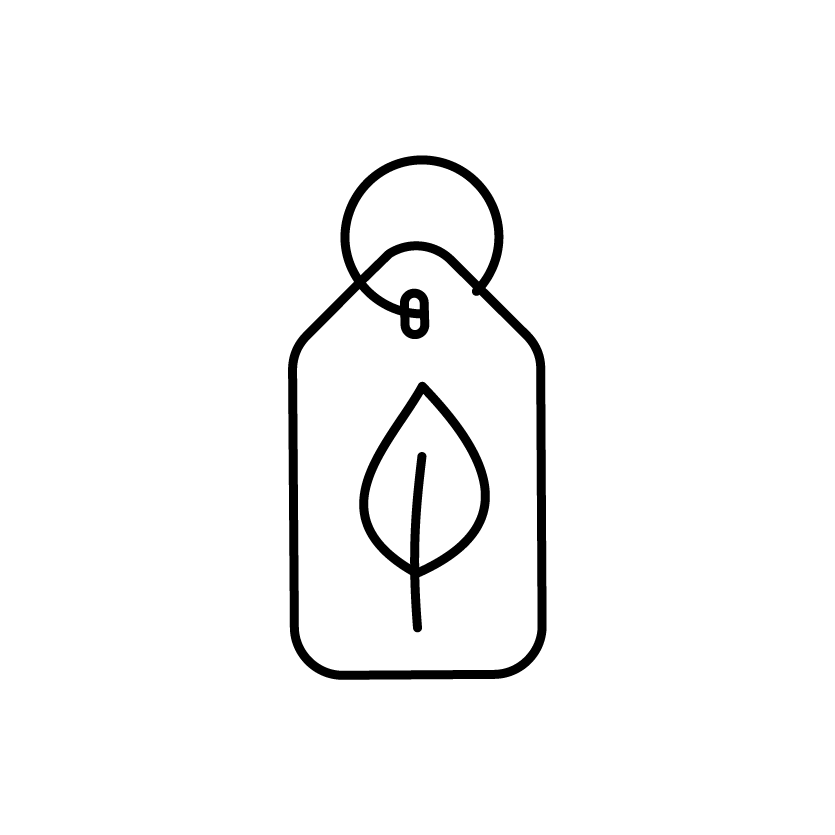Location
New Zealand
Made In
Indonesia
Values
Orba Shoes, a New Zealand-based, B-Corp certified sustainable shoe brand, is making versatile, timeless sneakers that are designed to biodegrade. Yep, that’s a stylish, versatile, durable and sustainably-made zero-waste shoe that will eventually return to the earth from which it originally came.
All parts of the Orba shoe, from the sole to the upper, are made from natural materials, with some of these being the most renewable plant-based materials in the world. The Orba sole is made from natural rubber, rice husk ash, coconut oil, beeswax and other natural compounds including pine resin for durability, comfort and performance; the upper is made from flax, rami and kenaf, which are three of the most renewable plant materials available; and the footbed is made from cork, coir and agave sisal for ergonomic support.
The small Orba Shoes team in Indonesia frequently communicates with all suppliers – most of whom are independently eco-certified and transparent, by the way – from the weavers and dyers to the outsole manufacturer and main factory. Basically, Orba Shoes has the rundown on all of the goings-on in their supply chain.
Orba Shoes also funds training programs designed by the International Labour Organisation to help suppliers grow as efficient and sustainable businesses. Ultimately, this training ensures that the businesses taking part provide a healthy working environment, and fair working hours and pay, as well as other benchmarks of a fundamentally fair and ethical business.
Orba Shoes is providing us conscious consumers with ethically-crafted, biodegradable shoes made from natural, sustainable materials so we can look good and do good, too. Win, win.



Want to know where Orba Shoes sits and what they’re working on in terms of these 5 values? Hover over these values to find out.
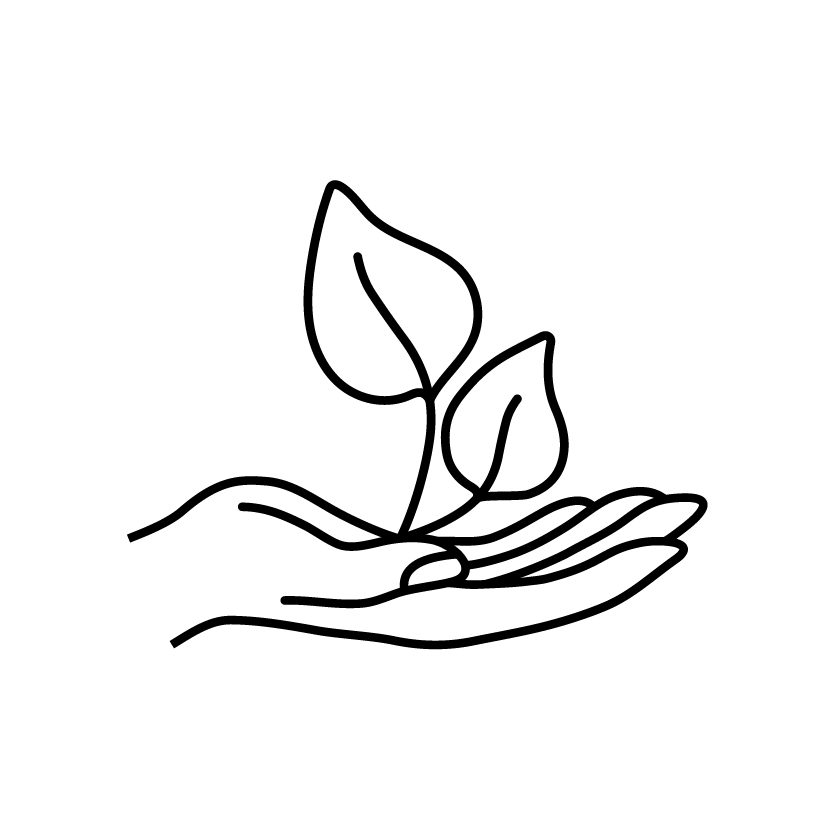
Eco Friendly
Sustainability is embedded into our business through a three-pillar approach: The overall business structure is B Corp Certified. We choose the most sustainable materials we can for our shoes such as highly regenerative flax, kenaf and ramie. We take supply chain management very seriously. Not all of our materials and inputs are third-party eco-certified, but having a 100% eco-certified shoe is a goal. We know the pathway by which to get there, it'll just take a bit of time, especially as we're still so new!
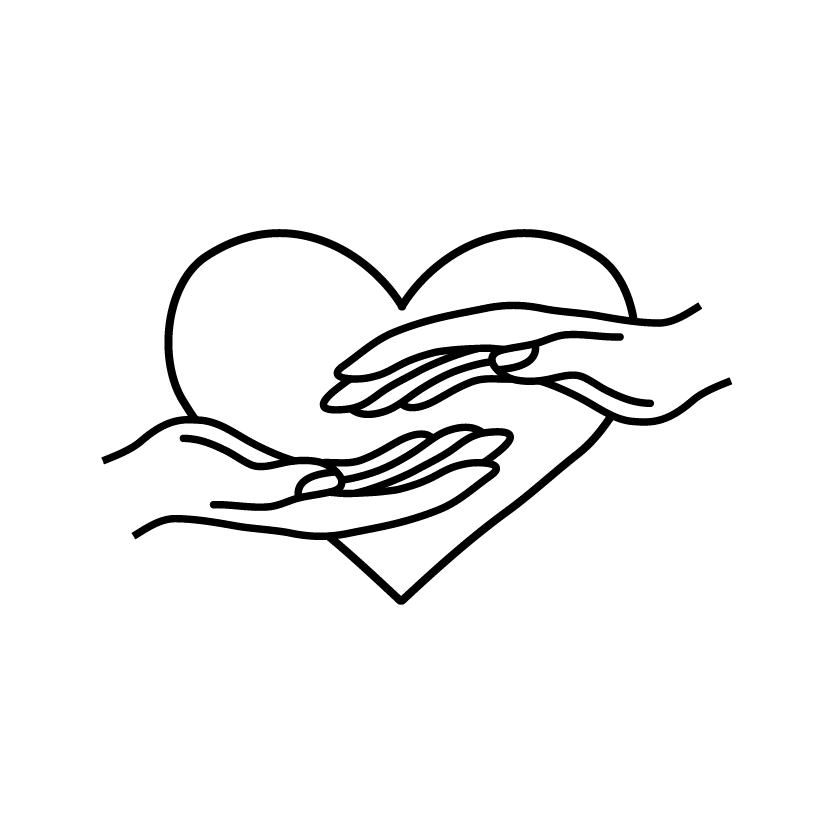
Fair
Our small team in Indonesia engage frequently with all suppliers, including the local weavers and dyers, and manufacturer of our outsoles and with our main assembly factory. In short, we know where everything comes from and we have a personal connection to the people that come together to make Orba shoes.
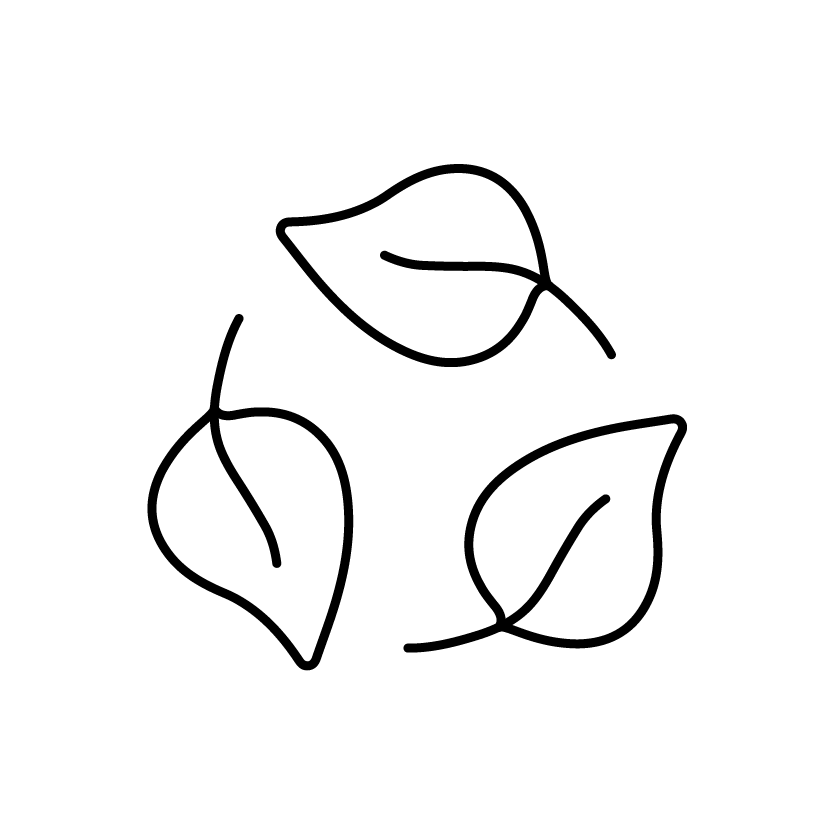
Minimal Waste
The main ingredient apart from natural rubber in our shoe sole is rice husk ash (biosilica). This is a by-product of rice farming, and it usually ends up as waste. Buying this helps farmers both economically and with waste reduction. Our shoes are made out of biodegradable materials which means they can give back to the earth in the right microbe-rich environments creating zero-waste at the end of their life.
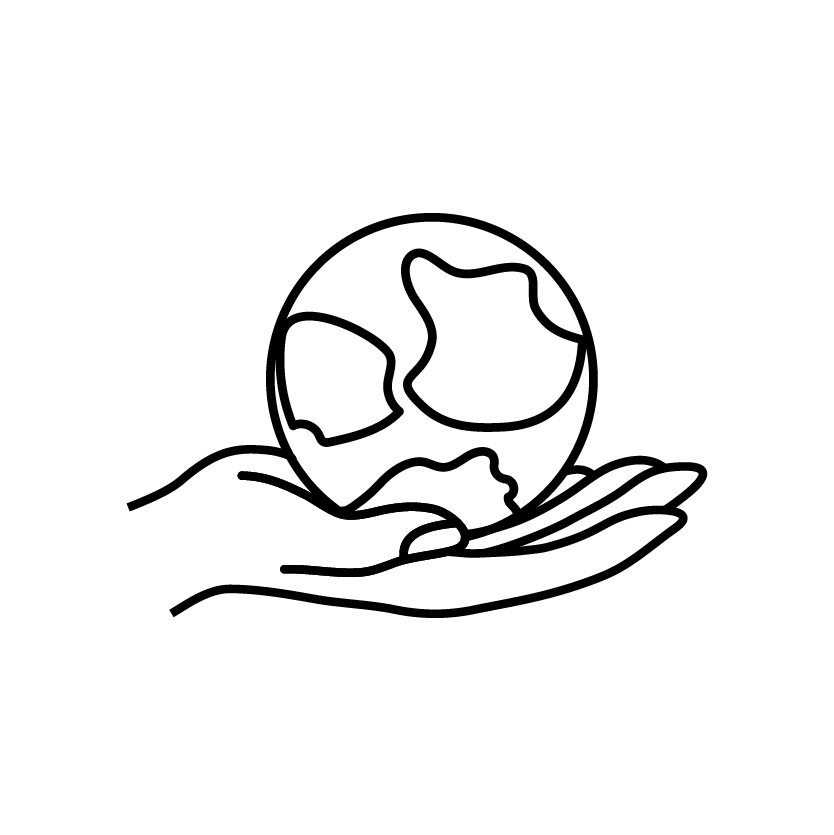
Give Back
For smaller suppliers we fund training programs that have been designed by the International Labour Organisation. The training helps suppliers grow in a more efficient and sustainable way as a step on the pathway for their future certification. This training helps ensure a healthy work environment, good working hours and fair pay as just a few of the benchmarks for good growth.
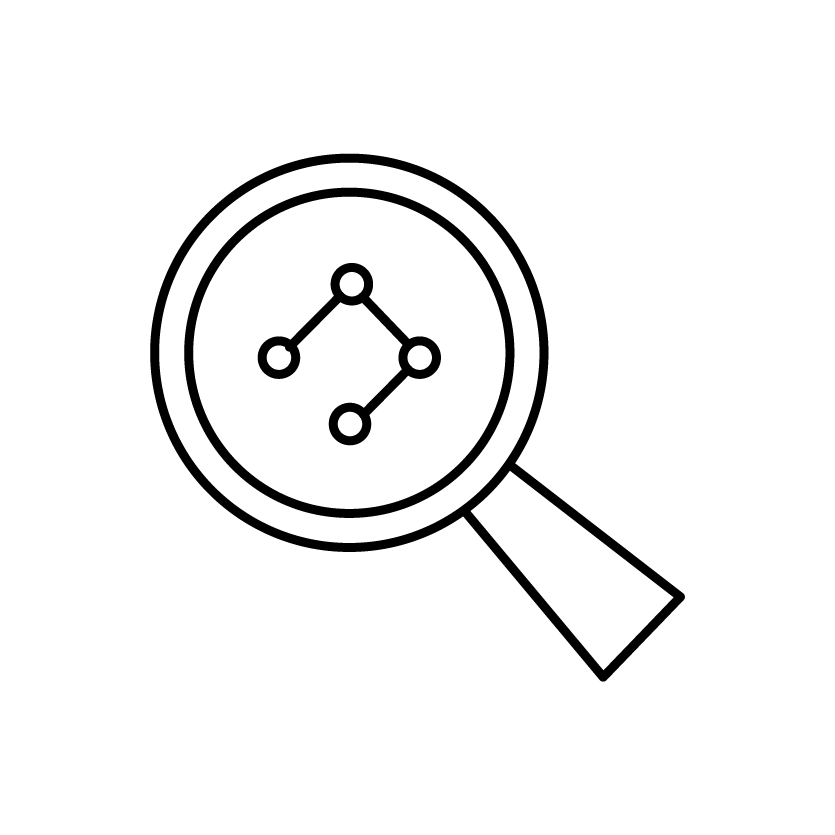
Transparent
Positively impacting our workers in our supply chain is one of our Impact Business Models for our recent B Corps Certification award. Most of our suppliers are independently eco-certified like GOTS or Fair Trade and have been totally transparent in where all their raw materials come from and their processes.
Behind the Brand
“Because shoes are a necessity the industry has not re-thought them. We did, using renewable materials, and that was the start of the business”.

What made you start Orba Shoes?
We wanted show that it’s possible to make a serious impact on minimisation of the environmental impacts of the footwear industry. We are fighting back against the pollution caused by the 20 billion shoes produced globally every year and destined for landfill. Because shoes are a necessity the industry has not re-thought them. We did, using renewable materials, and that was the start of the business.
What’s the biggest barrier you’ve found to succeeding as a socially conscious business?
Greenwashing and exaggeration. Finding partner firms (marketing, branding, financing, logistics) that really grasp what strong sustainability means within a social, environmental and economic context and avoid greenwashing and exaggeration can be a challenge. The wrong partners can put pressure on us to compromise these ethics and to “sell, sell, sell”. But this has to be reigned in, in a socially conscious business. There are many socially conscious businesses and partners that do “get” it, but there’s still a wider lack of knowledge about the needs of companies like us. We’ve been able to find teams to work with that do “get” what we’re doing, but it’s taken time to get this to a satisfactory level, and there’s still room for improvement.
Within the ethical fashion community, there’s a big question that we ask which is ‘who made my clothes?’. In the scope of Orba Shoes, who made the things you sell? Can you tell us a bit about them?
Absolutely! Supply chain transparency is a HUGE part of our business ethic. In fact, positively impacting our workers in our supply chain is one of our Impact Business Models for our recently awarded Certified B Corps. Most of our suppliers are independently eco-certified like GOTS or Fair Trade and have been totally transparent in where all their raw materials come from and their processes. Of our smaller suppliers in Indonesia, two (weaving and dyeing of our flax canvas), so far, are in our “helping hand” initiative, whereby we fully fund training programs established by the International Labour Organisation (ILO). This helps them grow in a more efficient and sustainable way. We’ve helped another with finance. Our small team in Indonesia engage frequently with all suppliers, from the weavers of our fabrics to the main assembly factory. In short, we know where everything comes from and have a personal connection to the people that make Orba shoes.
Why did you pick the materials you have chosen to work with?
The first criteria for our materials is biodegradability. This was easier with the upper materials, but very difficult for the sole. Most outsoles contain petroleum-based rubbers and waxes. To replace these with bio-based ingredients was a challenge but we got there. With the upper materials, we wanted to look at the most sustainable biodegradable materials we could. We’ve used highly renewable plant-based materials that have a very low environmental impact during growth and harvesting – flax, ramie (nettle) and kenaf (hemp). These plants grow incredibly fast without the need for pesticides and require basically only rain water, so no extra irrigation.
Best piece of advice you have ever received?
Turn your email off at the end of the day and take at least one day a week where you don’t check your work emails at all.
What’s next for you and Orba Shoes?
We’re looking at a range of new colours, additional styles, and accessories. It’s really exciting. Plant-based colours are really beautiful. But making sure the processes involved have the least environmental impact takes time. We aim for these should to make it to the market by 2023. We’re always looking at how to improve our product and continuously spend time researching new materials, compounds, designs and ideas.
One book and documentary everyone should read/watch? Why?
We realised a while back that the best way to biodegrade our natural rubber sole was in a fungi-rich environment. This led me to watching Netflix’s “Fantastic Fungi”. Mushrooms are amazing! “Donught Economic” is a fantastic read for anyone in business and switches the paradigm of an obsession with growth to a model that aligns with our basic business principles – a business for good.
Are there any other Movers & Shakers out there in your world that you think people should know about?
We’ve just gone through the B Corps Certification process and had an opportunity to meet and engage with some really fantastic like-minded businesses here in NZ like the Ranglan Food Co, the Chia Sisters, Caliwoods. Their products are awesome and their ethics are top notch, IMO.

